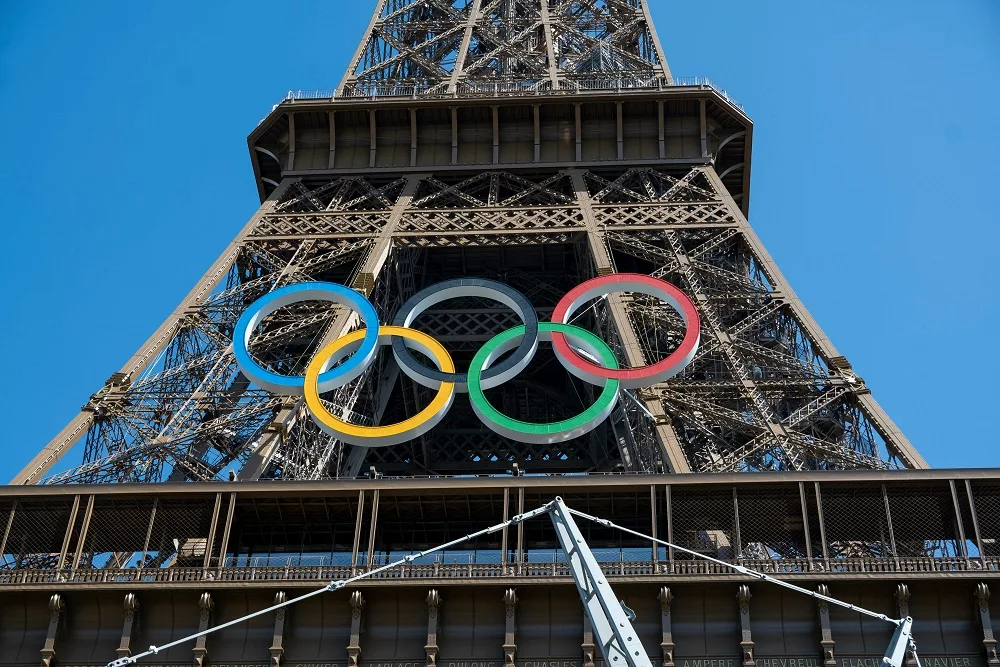
Your browser doesn’t support HTML5 audio
Have you been watching the Summer Olympics this past week? There’s been no shortage of amazing competitions—especially in swimming and gymnastics. But the one thing there is a shortage of for the athletes in Paris is food—especially animal-based proteins.
According to reports from the BBC and French news outlets, athletes are saying there isn’t enough food available in the food courts, specifically eggs and meats.
According to Kent Bacus, Executive Director of Government Affairs with the National Cattlemen’s Beef Association, the problems started when Olympic organizers attempted to have a more “climate friendly” event in Paris.
“The Olympic organizers have been pushing greater consumption of plant-based proteins, in addition to their cardboard beds and lack of air conditioning. So as the media has started to report, this has led to a shortage of animal-based proteins and some of the athletes are notably upset and started voicing concerns,” Bacus said. “Unfortunately, the organizers underestimated the consumption of proteins by these world-class athletes and the need for just animal-based proteins to fuel these high-performance athletes.”
Olympic Village will serve approximately 13 million meals during the Olympic and Paralympic games, feeding more than 15,000 international athletes from 208 territories and nations over two 15-day periods.
“But they’re also feeding all their support teams, the officials, and the volunteers. And so, when the Olympic organizers looked at all this, they looked at London in 2012 and they said we want to do better than the British. We want to half the climate impact of this and the carbon footprint from the meals. And so, they decided, arbitrarily, that they were going to push a lot of the plant-based proteins, that they were going to reduce the animal-based proteins,” Bacus said. “They’re doing that thinking that animal-based proteins are a bigger contributor to climate change and other things like that. But a lot of the decision making was not really founded on science.”
Adding to the challenges—protein products such as meat, milk, and eggs are all being sourced locally from France as part of the attempt to reduce the overall carbon footprint of the Paris Olympic Games. A third of the food served at the Olympic Village is also plant-based, and 20% is certified organic.
“So obviously they underestimated how much these athletes really eat and consume. And you’re talking about the massive protein intake that these athletes need, not only to fuel their bodies, but to recover. So, they’ve started to receive a lot of blowback,” he said. “Now it seems that Sodexo Live, the official catering partner for the Olympic Village, has confirmed that the very high demand means that they’re going to have to increase the volumes of protein that they’re sourcing to satisfy those needs of the athletes.”
Food has been a point of contention at past Olympics, too. Concerned over food safety, some teams brought their own supplies to Beijing in 2008. During the 2016 Olympics in Rio, athletes were upset about long lines at food courts. And in Tokyo in 2021, organizers apologized for 175 tons of food that went to waste.
Bacus shared his thoughts during the NCBA’s Beltway Beef Podcast.
